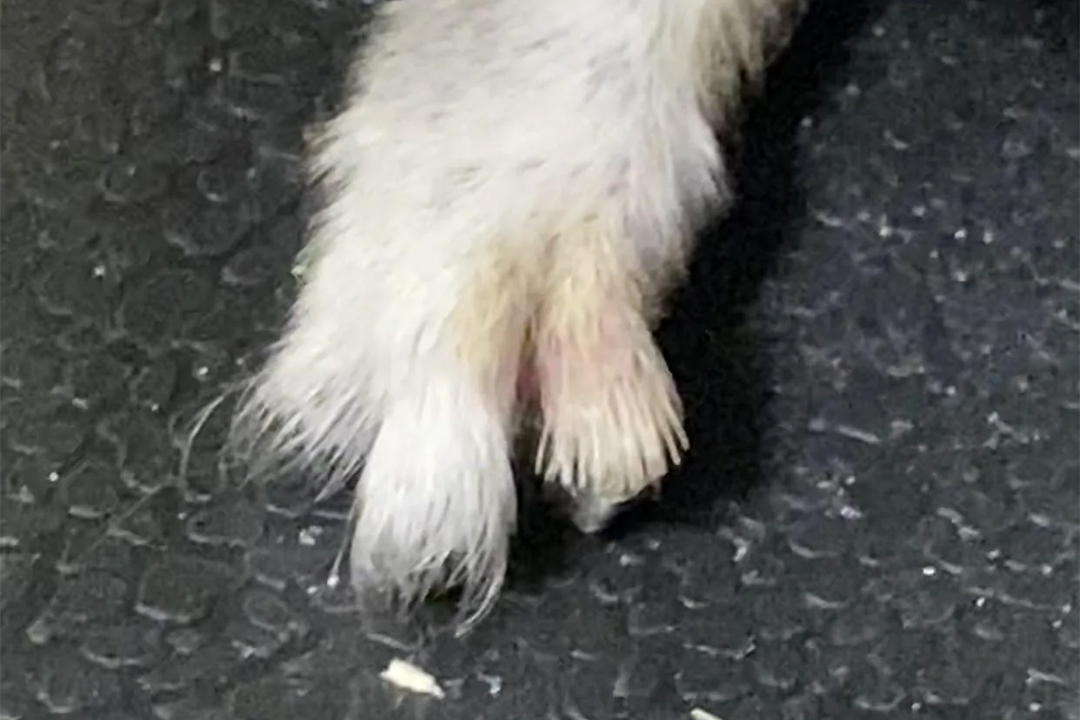Arthritis is a common condition that affects many different species, including chinchillas. It can be painful and debilitating, and can significantly affect a chinchilla’s quality of life. In this article, we will explore the causes, symptoms, and treatments of arthritis in chinchillas. We will also provide advice on how to prevent the development of arthritis in your pet chinchilla.
Causes of Arthritis in Chinchillas
Arthritis in chinchillas is typically caused by a combination of factors. One of the main causes is age. As chinchillas get older, their joints begin to wear down, which can lead to arthritis. Other causes of arthritis in chinchillas include injuries, infections, and genetics. Certain breeds of chinchillas may be more prone to arthritis than others.
Symptoms of Arthritis in Chinchillas
The symptoms of arthritis in chinchillas can be difficult to spot, especially in the early stages of the disease. Some common symptoms to watch for include limping, stiffness, and a reluctance to move around. Chinchillas with arthritis may also be less active and have difficulty climbing and jumping. In severe cases, chinchillas with arthritis may become completely immobile.
Diagnosing Arthritis in Chinchillas
If you suspect that your chinchilla may be suffering from arthritis, it is important to take them to a veterinarian for a proper diagnosis. The veterinarian will typically perform a physical examination of your chinchilla and may order x-rays or other diagnostic tests to confirm the diagnosis.
Treating Arthritis in Chinchillas
While there is no cure for arthritis in chinchillas, there are several treatments available to help manage the symptoms and improve your pet’s quality of life. One of the most effective treatments is the use of non-steroidal anti-inflammatory drugs (NSAIDs). These drugs can help reduce pain and inflammation in the affected joints.
In addition to NSAIDs, there are several other treatments that may be recommended by your veterinarian. Physical therapy, including range-of-motion exercises and massage, can help improve mobility and reduce pain. Dietary changes, such as feeding your chinchilla a diet rich in omega-3 fatty acids, may also help reduce inflammation.
Preventing Arthritis in Chinchillas
Preventing arthritis in chinchillas is not always possible, but there are several steps that you can take to reduce the risk of your pet developing the condition. One of the most important things you can do is to provide your chinchilla with a healthy diet that is rich in nutrients. This will help keep your chinchilla’s joints healthy and reduce the risk of wear and tear.
Regular exercise is also important for preventing arthritis in chinchillas. Make sure your pet has plenty of opportunities to run, jump, and climb. However, be sure to provide safe and secure areas for your chinchilla to play, as injuries can also lead to the development of arthritis.
Arthritis is a common condition that affects many different species, including chinchillas. It can be painful and debilitating, but with the proper treatment and management, it is possible to improve your pet’s quality of life. If you suspect that your chinchilla may be suffering from arthritis, it is important to take them to a veterinarian for a proper diagnosis and treatment plan. With the right care, your chinchilla can continue to enjoy a happy and healthy life.







